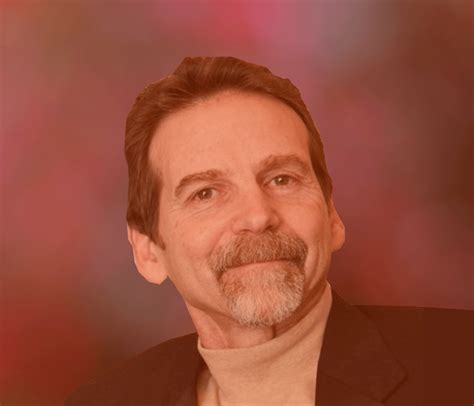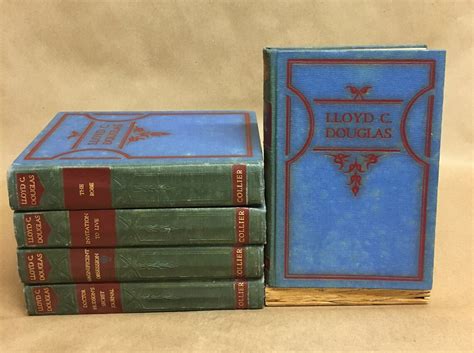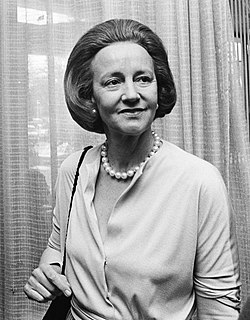A Quote by Hudson Taylor
The less I spent on myself and the more I gave to others, the fuller of happiness and blessing did my soul become.
Related Quotes
Marriage hath in it less of beauty but more of safety, than the single life; it hath more care, but less danger, it is more merry, and more sad; it is fuller of sorrows, and fuller of joys; it lies under more burdens, but it is supported by all the strengths of love and charity, and those burdens are delightful.
There is a blessing in losing the one we love. It's the blessing of self-transformation. You don't have to who you were anymore. You've struggled. And now you can change. It doesn't mean that bits of that person won't cling to you, they will throughout your life, but they are now subsumed into something greater. That person has given you, in fact, the most important blessing, which is they gave you the blessing of transforming your soul into something better, something more beautiful.
In our concern for others, we worry less about ourselves. When we worry less about ourselves an experience of our own suffering is less intense. What does this tell us? Firstly, because our every action has a universal dimension, a potential impact on others' happiness, ethics are necessary as a means to ensure that we do not harm others. Secondly, it tells us that genuine happiness consists in those spiritual qualities of love, compassion, patience, tolerance and forgiveness and so on. For it is these which provide both for our happiness and others' happiness.
I spent three years there and encountered great teachers who gave me enough stimulation to last me for the rest of my life - Josef Albers, painter; Buckminster Fuller, inventor; Max Dehn, the mathematician, and many others. Through them, I came to understand the total commitment required if one must be an artist.
Although the warrior's life is dedicated to helping others, he realizes that he will never be able to completely share his experience with others...Yet he is more and more in love with the world. That combination of love affair and loneliness is what enables the warrior to constantly reach out to help others. By renouncing his private world, the warrior discovers a greater universe and a fuller and fuller broken heart. This is not something to feel bad about; it is a cause for rejoicing.
Small wonder our national spirit is husk empty. We have more information but less knowledge. More communication but less community. More goods but less goodwill. More of virtually everything save that which the human spirit requires. So distracted have we become sating this new need or that material appetite, we hardly noticed the departure of happiness
Experience has taught me that I connect best with others when I connect with the core of myself. When I allow God to liberate me from unhealthy dependence on people, I listen more attentively, love more unselfishly, and am more compassionate and playful. I take myself less seriously, become aware that the breath of the Father is on my face.
There is no denying that consideration of others is worthwhile and that our happiness is inextricably bound up with the happiness of others. There is no denying that if society suffers, we ourselves suffer, and the more our hearts and minds are afflicted with ill-will, the more miserable we become. We can reject religion, ideology, received wisdom, but we cannot escape the need for love and compassion.
When in 1969 I became publisher of the 'Washington Post' as well as president of the company, my plate was fuller than ever. I had partly worked myself into the job but not, except for rare occasions, taken hold. I had acquired some sense of business but still relied on others more than most company presidents did.
I did some more soul searching. I asked myself, "What do I want more than happiness?" and there was only one answer - the only thing that trumps happiness is love. Not the kind of love we are normally taught about, but the kind of unconditional love that is a deep inner state which doesn't depend on any person, situation or a romantic partner. That's how I define Love for No Reason: it's an inner state of love.





































